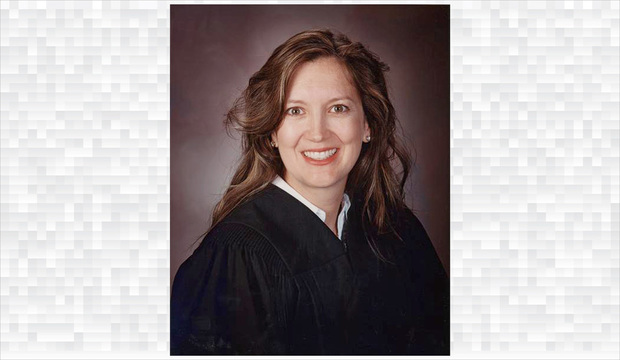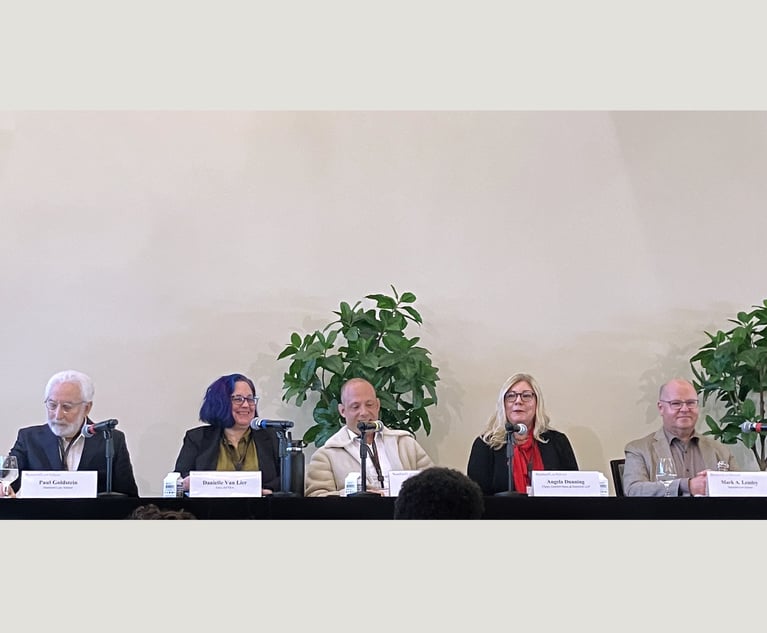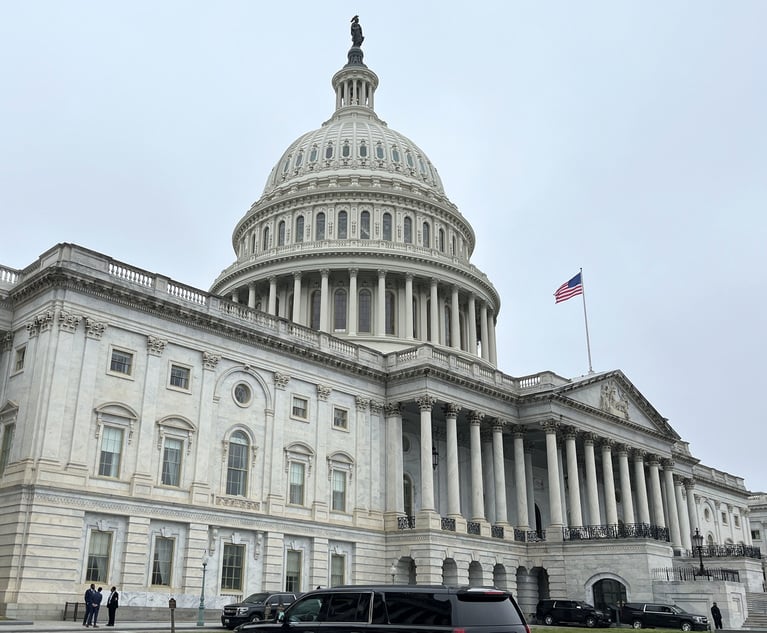The administrative judges who hear challenges to patent validity at the U.S. Patent and Trademark Office are principal officers who should have been nominated by the president and confirmed by the U.S. Senate, the U.S. Court of Appeals for the Federal Circuit ruled Thursday.
Instead of throwing the 270 or so APJs off the Patent Trial and Appeal Board, the court said it will solve the problem by interpreting the Patent Act as providing the PTO director authority to remove APJs from service at will. “We conclude that severing the portion of the Patent Act restricting removal of the APJs is sufficient to render the APJs inferior officers and remedy the constitutional appointment problem,” Judge Kimberly Moore wrote for a unanimous panel in Arthrex v. Smith & Nephew. Judges Jimmie Reyna and Raymond Chen concurred.


 Judge Kimberly Ann Moore of the U.S. Court of Appeals for the Federal Circuit.
Judge Kimberly Ann Moore of the U.S. Court of Appeals for the Federal Circuit.






